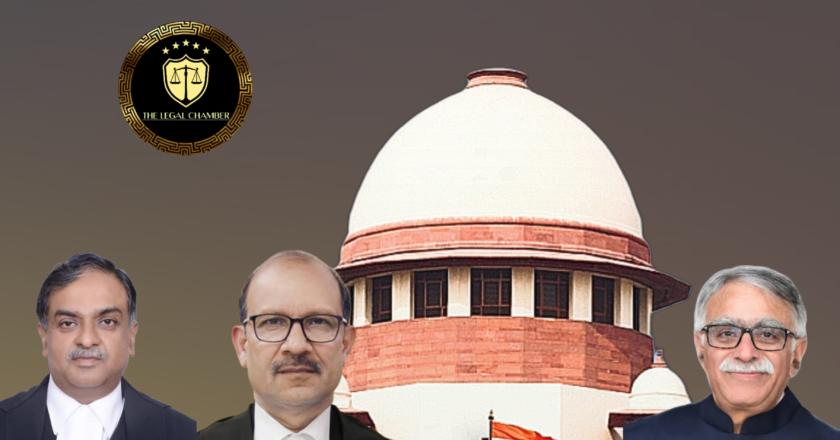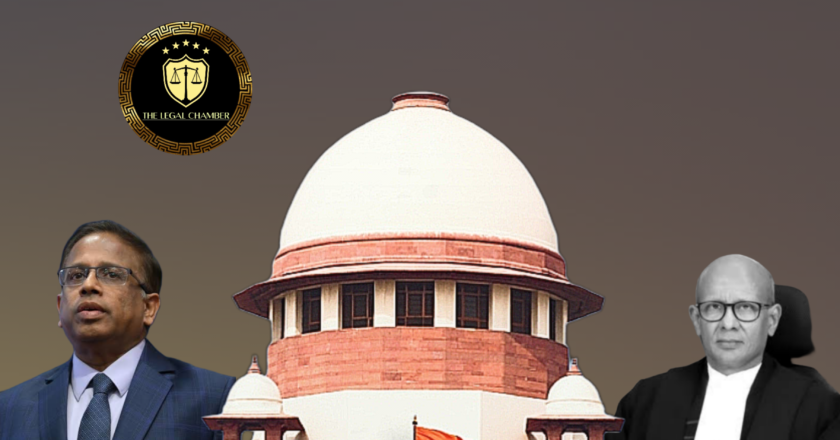Who Gets Paid First? Supreme Court Reopens Case on Priority Between Employee Provident Fund and Secured Lenders
The Supreme Court remanded the matter to the High Court to determine the priority of charges between the EPFO, under Section 11(2) of the Employees' Provident Fund Act, 1952, and secured creditors, including Axis Bank, under Section 35 of the SARFAESI Act, 2002. The core legal issue for fresh adjudication is the conflict between the statutory first charge of EPFO dues and the primacy claimed by secured creditors.
Facts Of The Case:
M/s Acropetal Technologies Pvt. Ltd. defaulted on its Employees' Provident Fund (EPF) dues from July 2013. The EPFO determined a liability and, upon learning the company's properties were to be auctioned by various banks, invoked its priority under the EPF Act. The EPFO specifically asserted a first charge over the 'Attibele property' being auctioned by Axis B...


